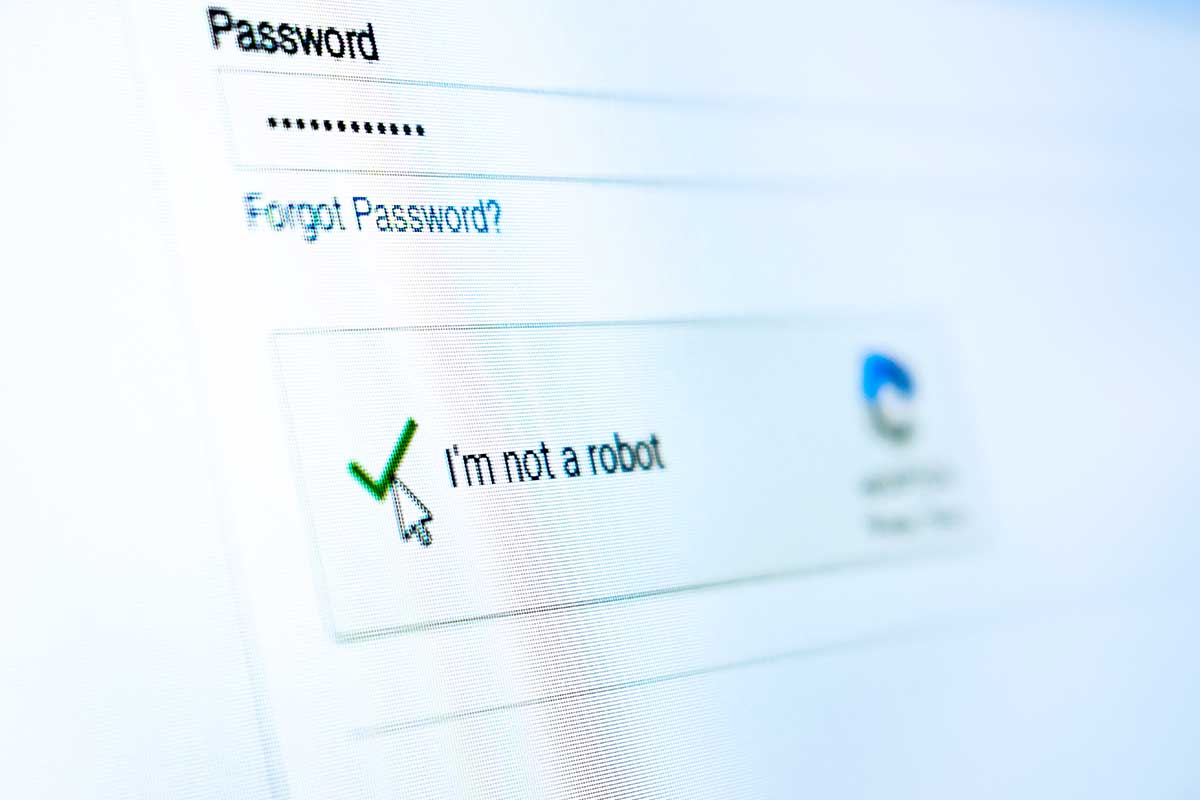The official adoption by the EU’s European Parliament of the Digital Services Act (DSA) and Digital Markets Act (DMA) could represent a seismic shift in the way large tech companies like Amazon, Apple, Google and Meta (Facebook) operate around the world.
Based on ideas proposed by the European Commission in December 2020, the new legislation is not only a major boon for third-party developers, it also limits what “gatekeeper” tech companies can pre-install or promote on their own systems, and it better protects user data. It will also penalize large technology brands for hosting illegal content.
“The European Parliament has adopted a global first: Strong, ambitious regulation of online platforms,” says Margrethe Vestager, executive vice president of “A Europe Fit for the Digital Age.” “The Digital Services Act enables the protection of users’ rights online. The Digital Markets Act creates fair, open online markets. As an example, illegal hate speech can also be dealt with online. And products bought online must be safe. Big platforms will have to refrain from promoting their own interests, share their data with other businesses [and] enable more app stores.”
The DSA offers additional ways to flag illegal content online and for platforms to cooperate with specialized “trusted flaggers” to identify and remove illegal content. It also improves transparency and traceability with online sellers, increases restrictions on specific forms of targeted advertising (particularly how it relates to children but also ethnicity and people with certain political views) and increases independent audits of any major tech company’s risk management measures (“platforms must mitigate against risks such as disinformation or election manipulation, cyber violence against women, or harms to minors online”).
The DMA, as noted by MacRumors, allows developers more access to app storefronts, payment systems and other systems overseen by tech gatekeepers. Basically, Apple or Google can no longer give preferential treatment to their preferred browsers, payment systems or identity providers; it also prevents resuing private data from one service for the purposes of another service.
While these changes will be adopted shortly across the E.U., the effects in other countries — including the U.S. — will certainly be felt.
For example, Apple has been willing to take massive fines rather than comply with alternate payment systems for dating apps in the Netherlands, but it seems unlikely they’d want to face off against the entire European Union for the long haul over multiple potential infractions. It seems likely that Apple will eventually capitulate on a few issues and apply at least some of these standards globally, if only for efficiency’s sake. That said, these rules probably won’t come into play until 2023, and there are already rumblings about the lack of resources set aside for enforcement of the rules.
Thanks for reading InsideHook. Sign up for our daily newsletter and be in the know.

















